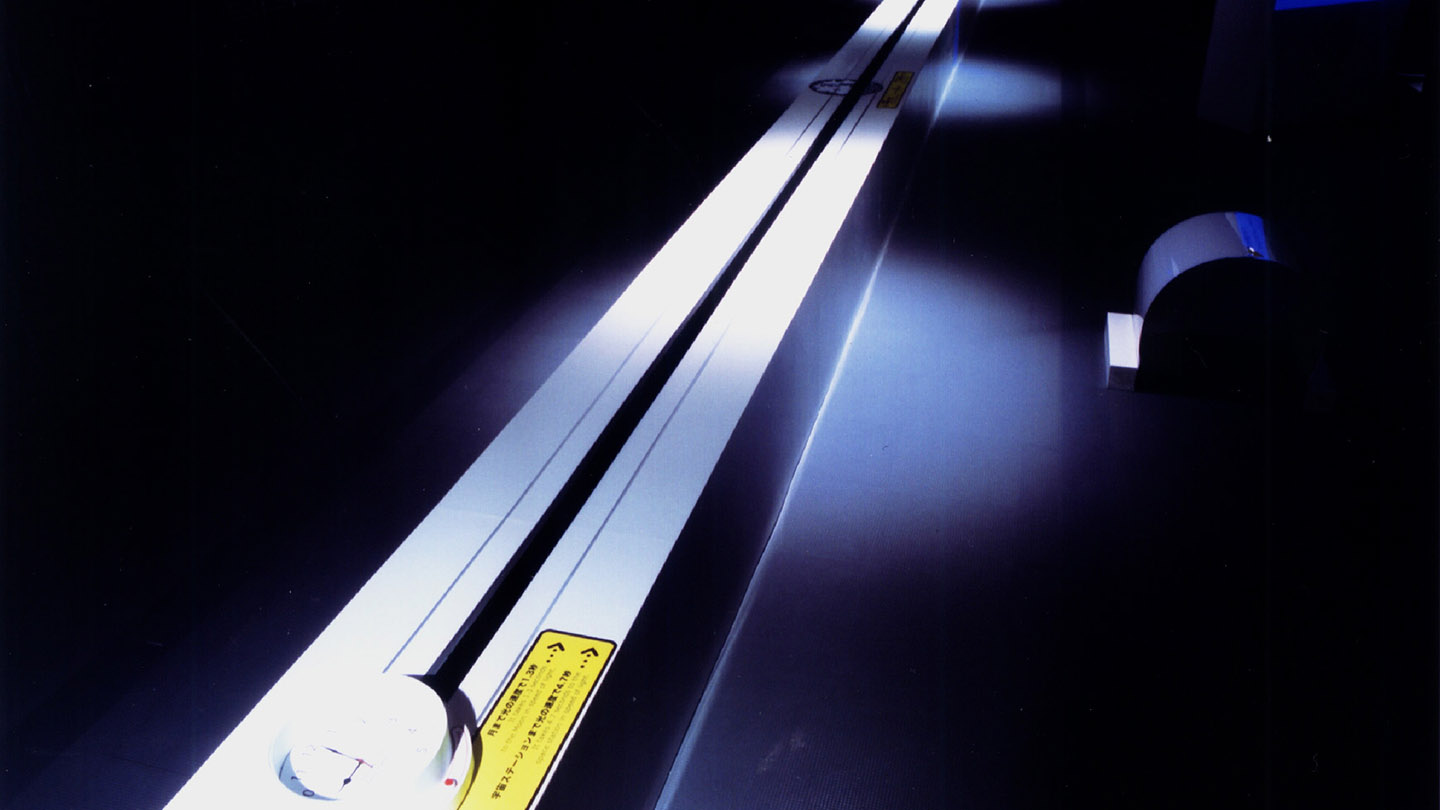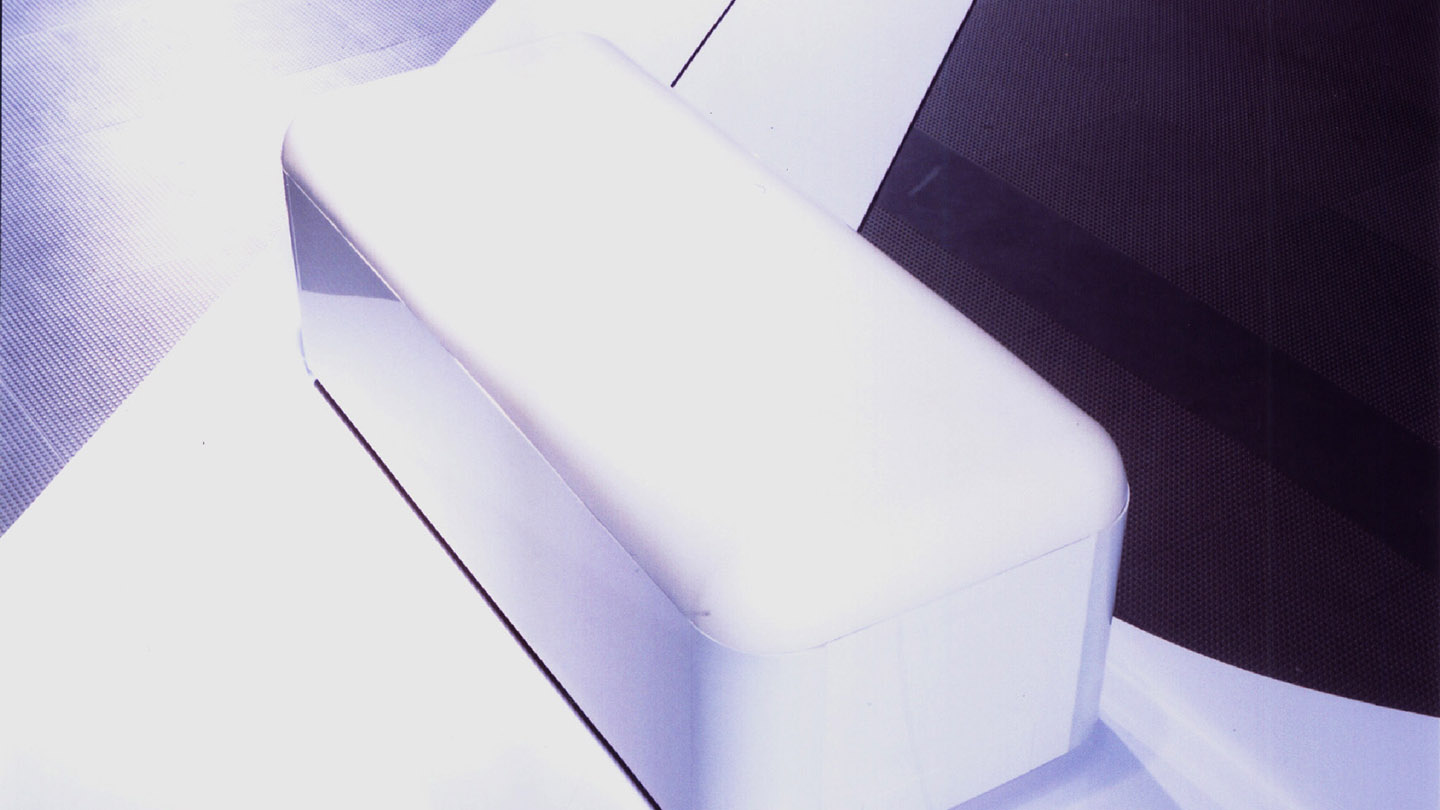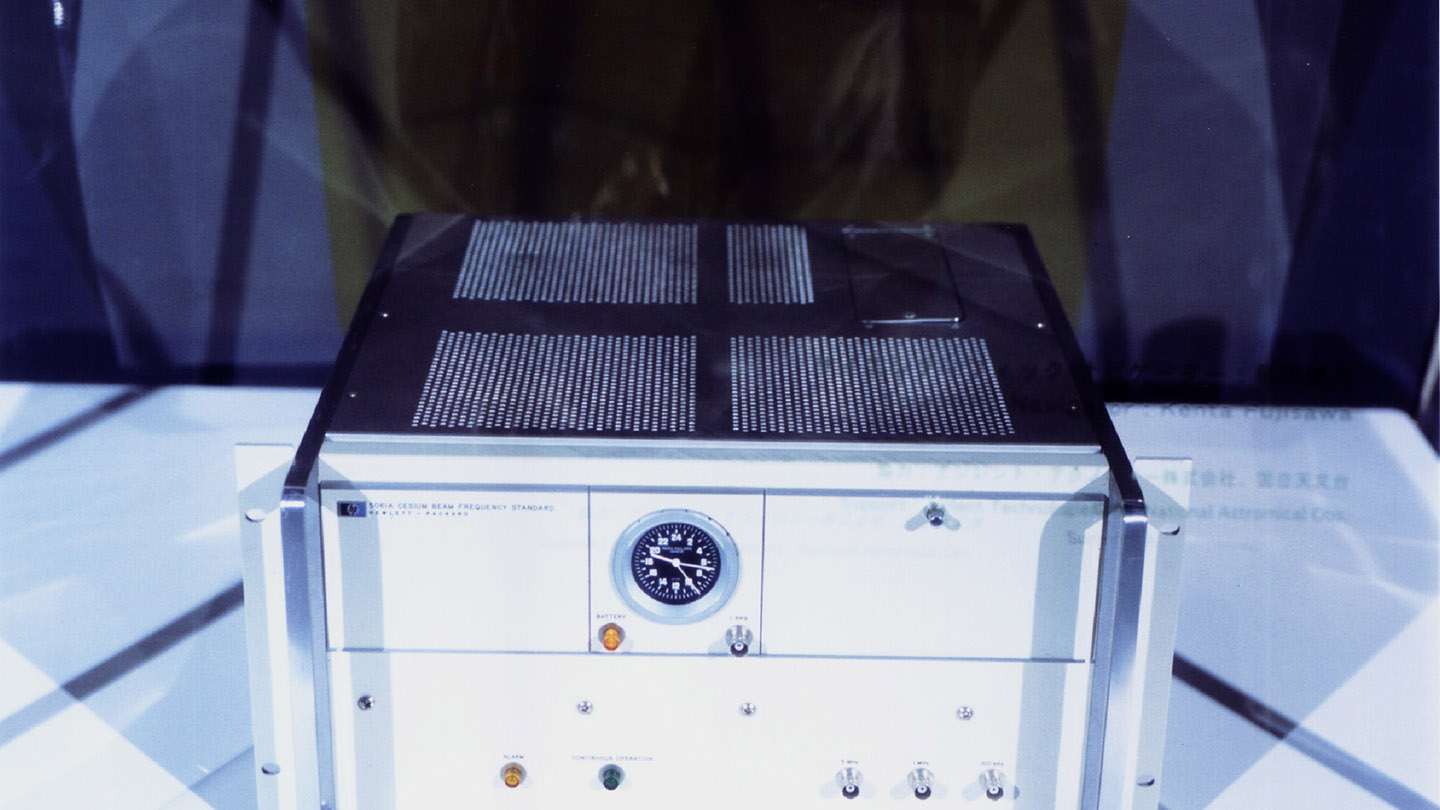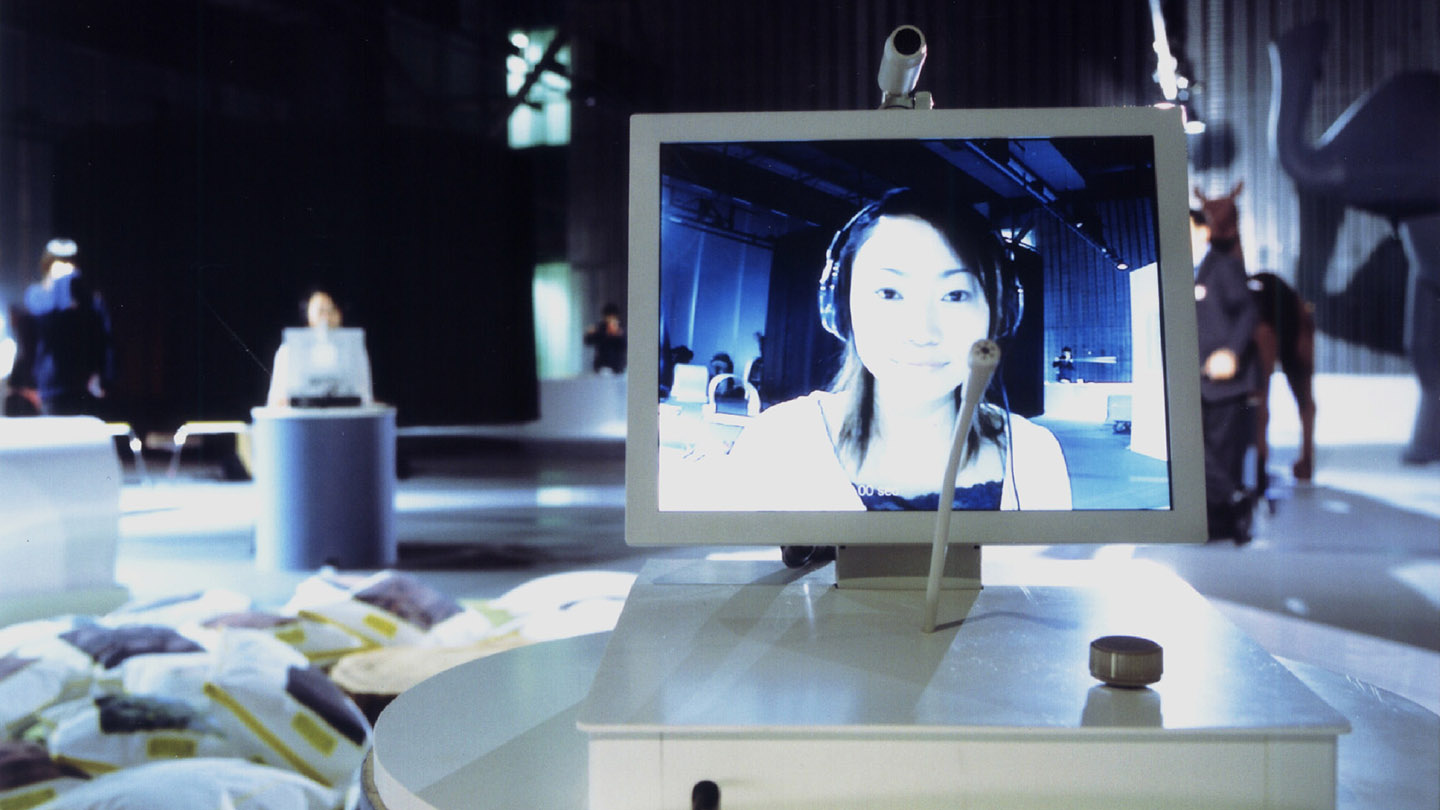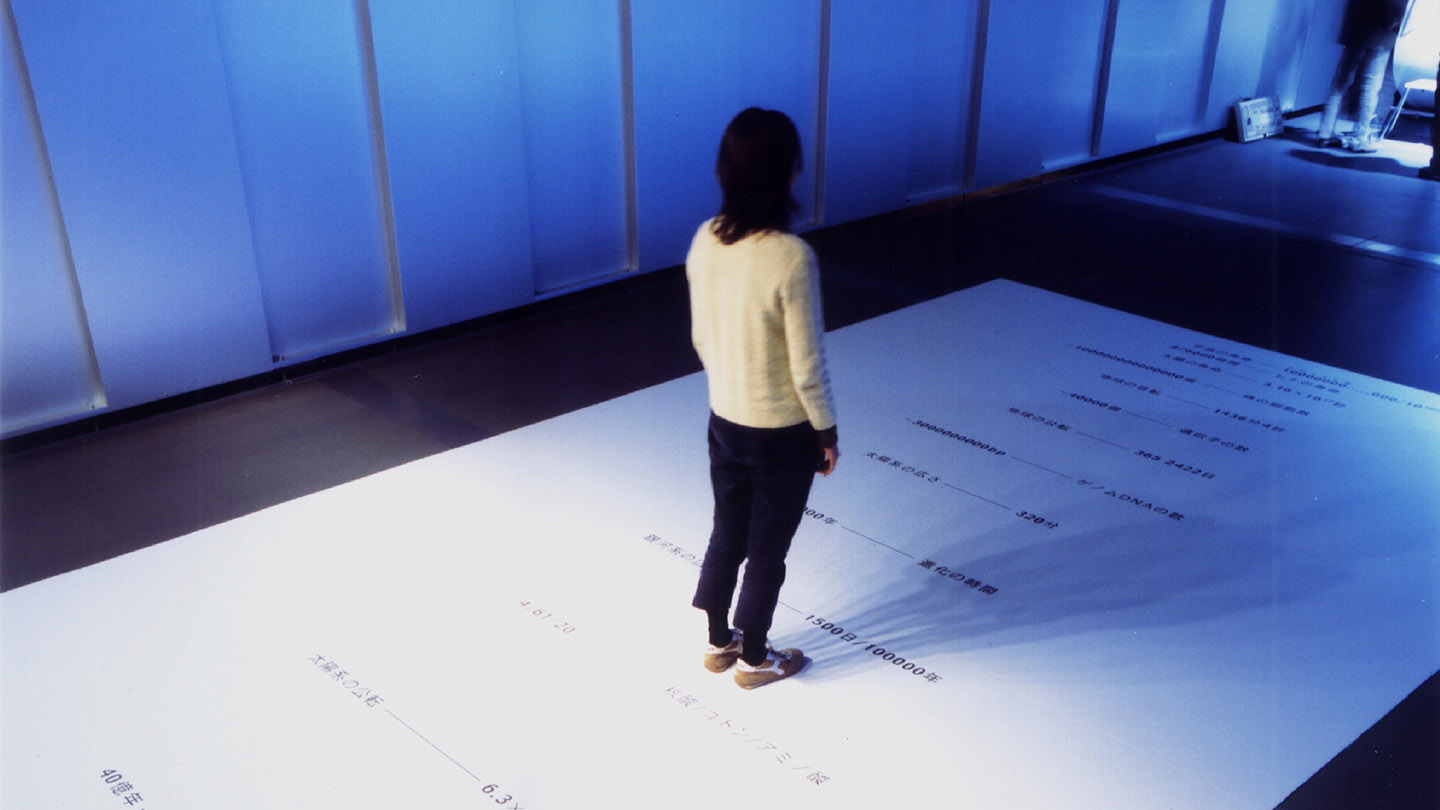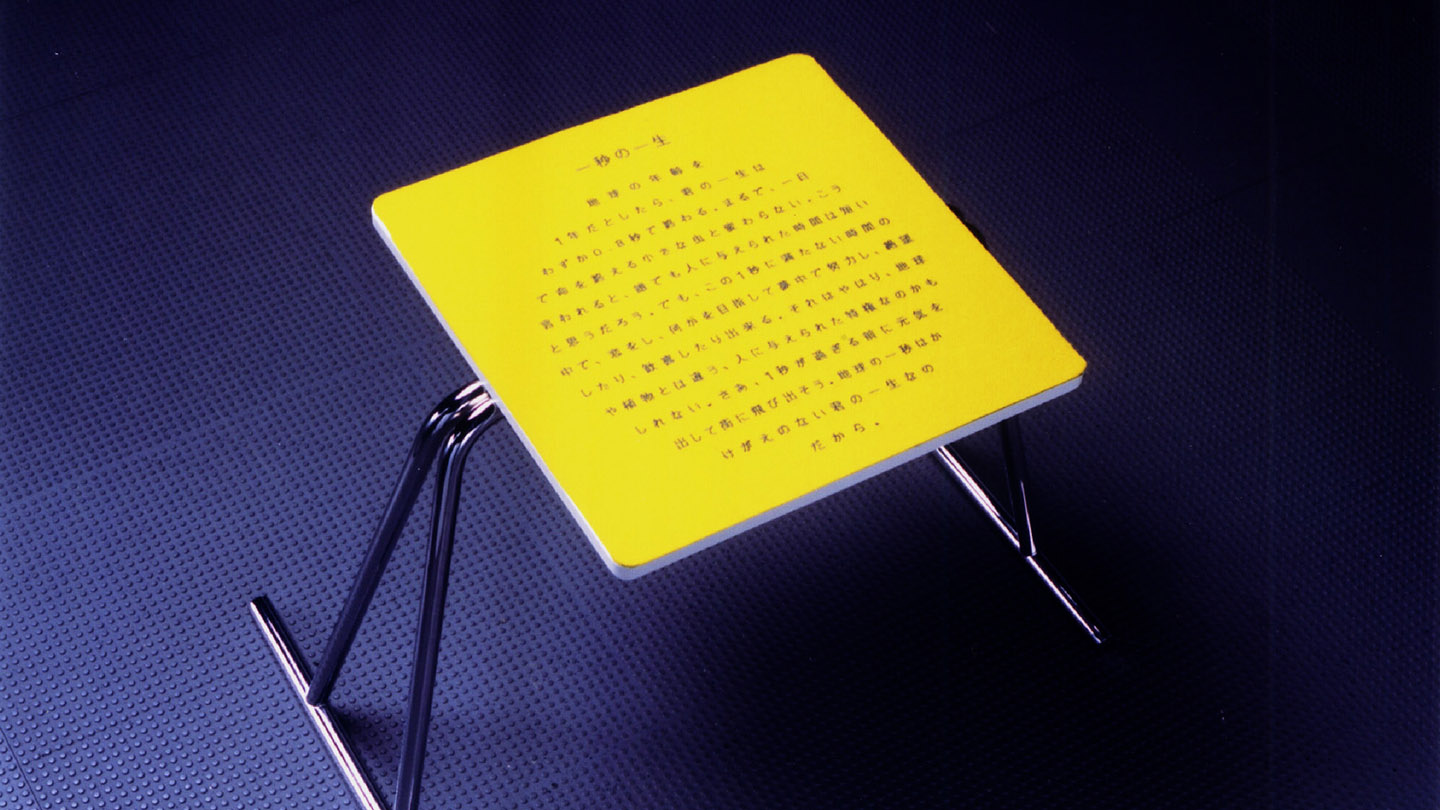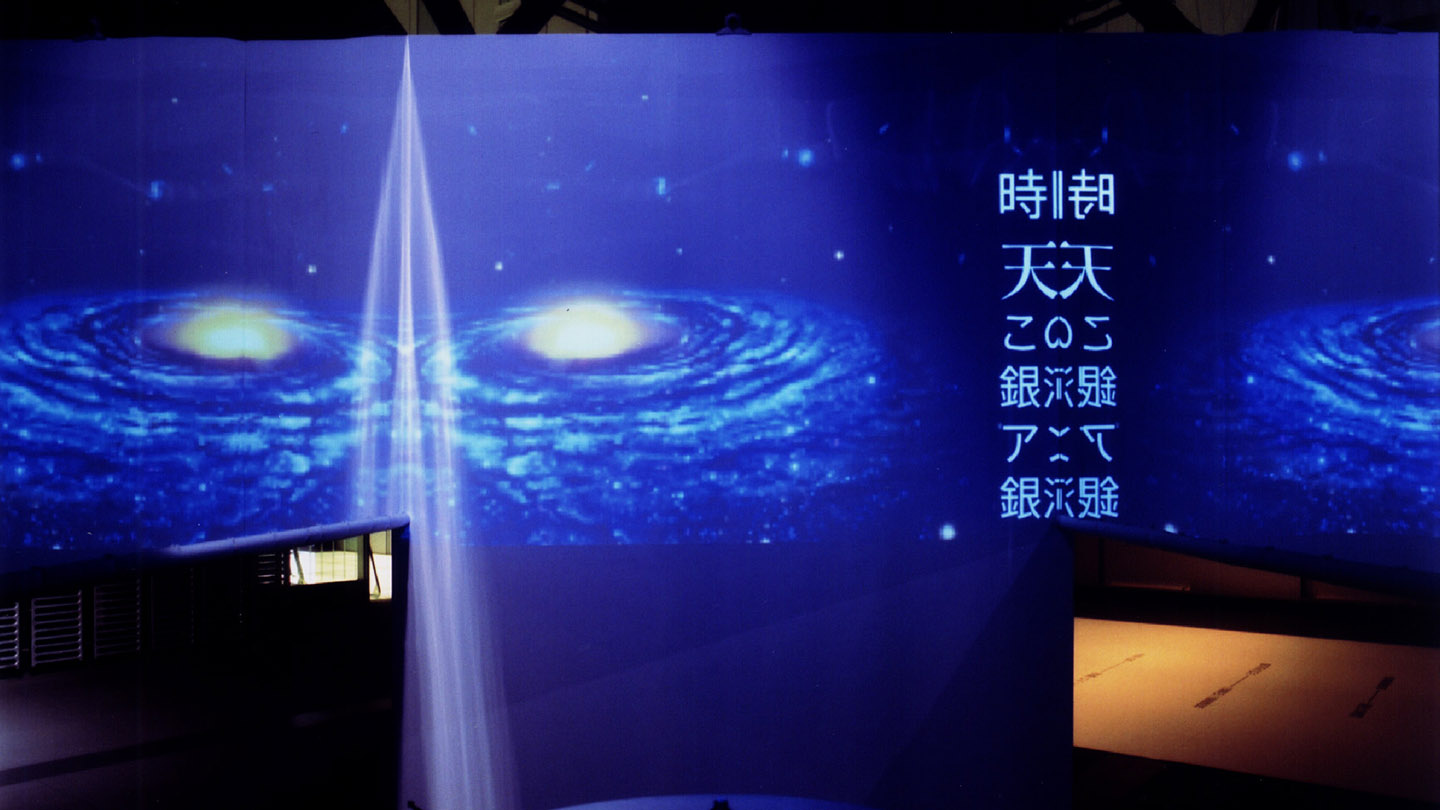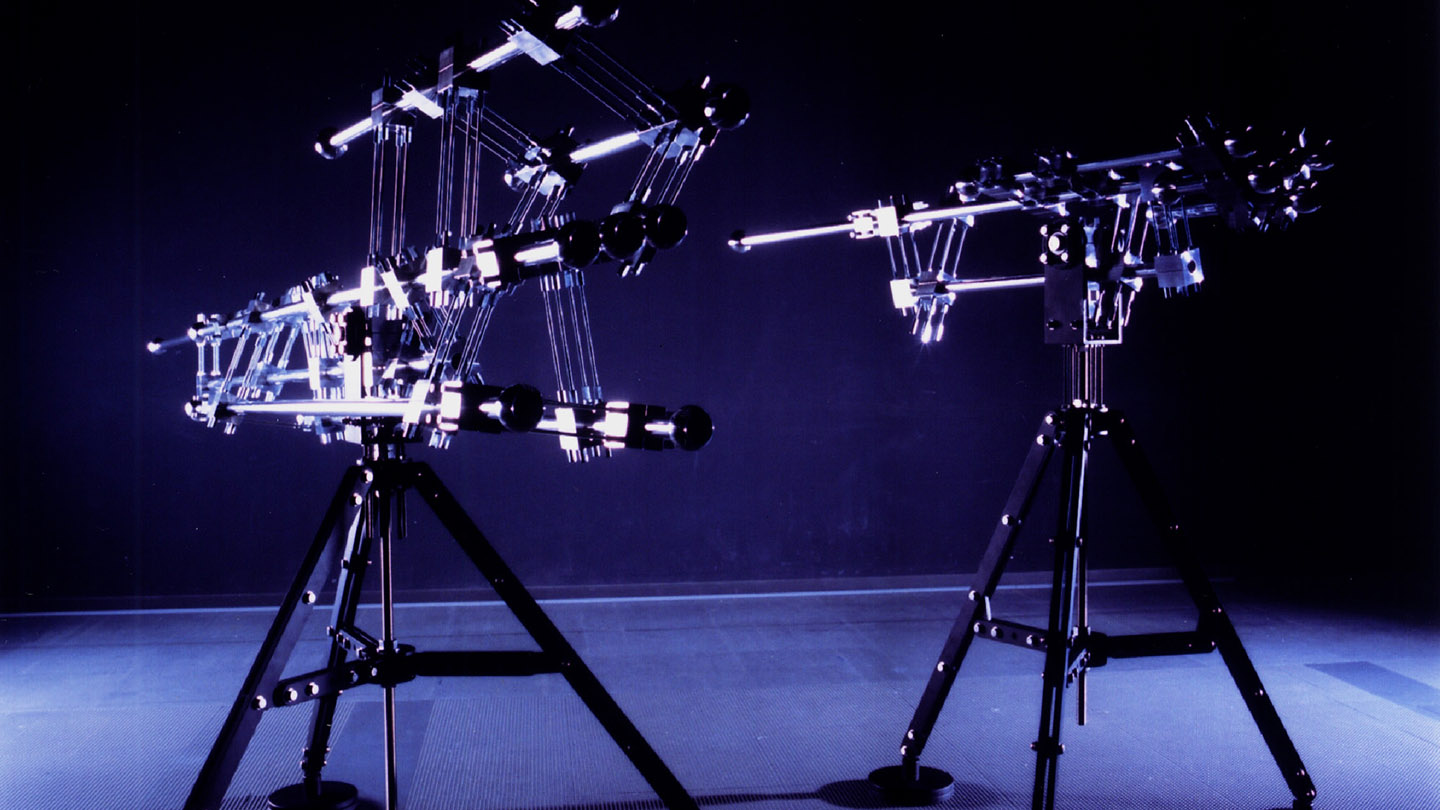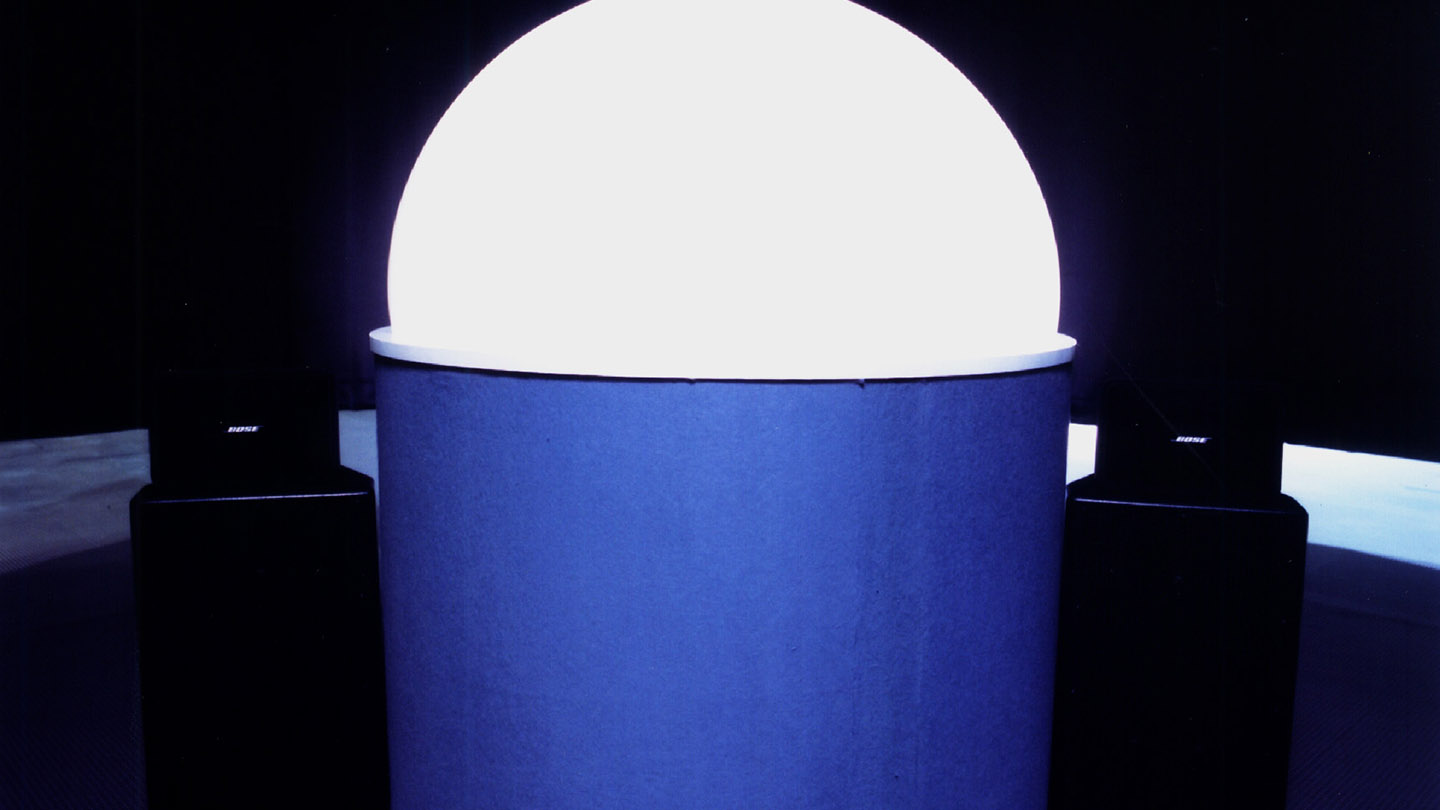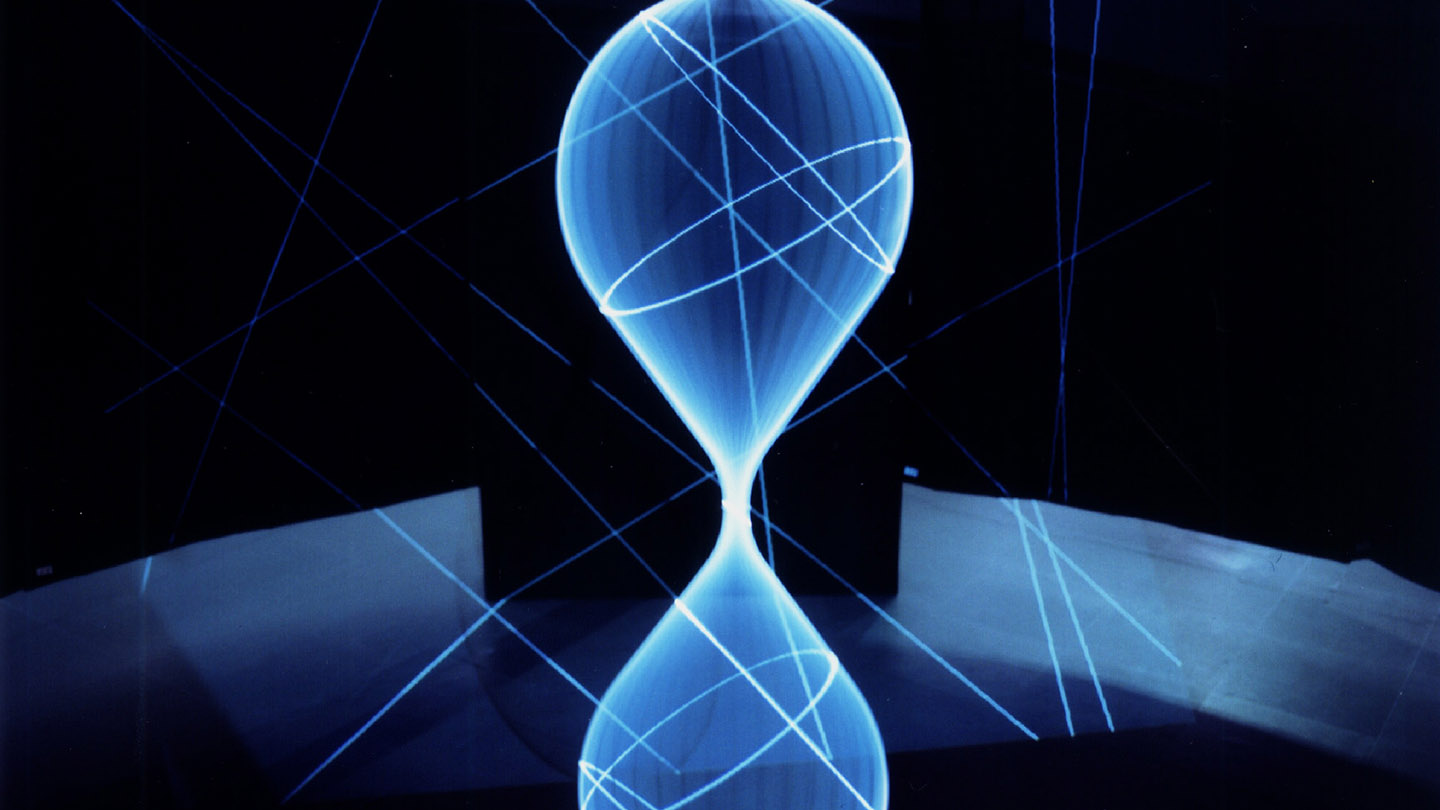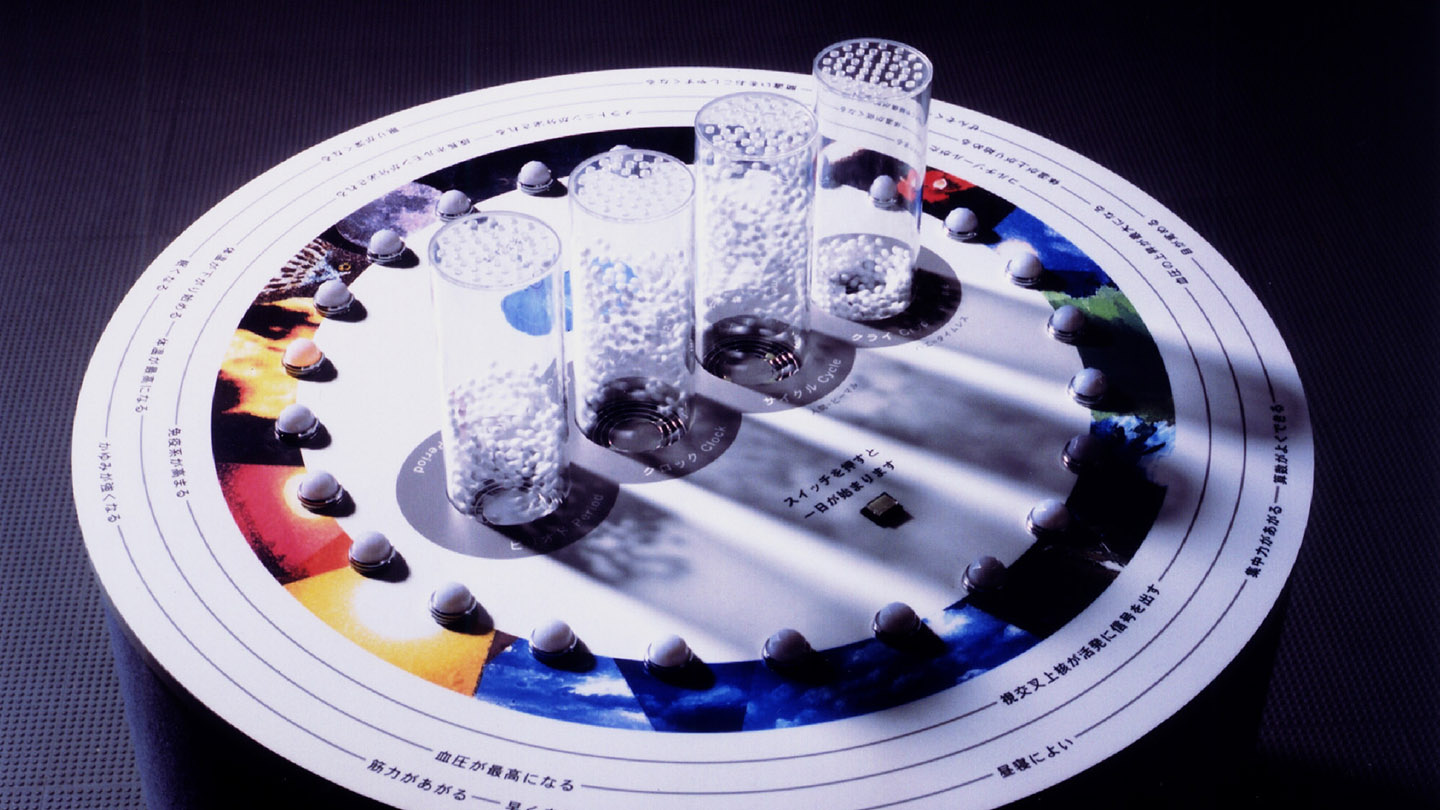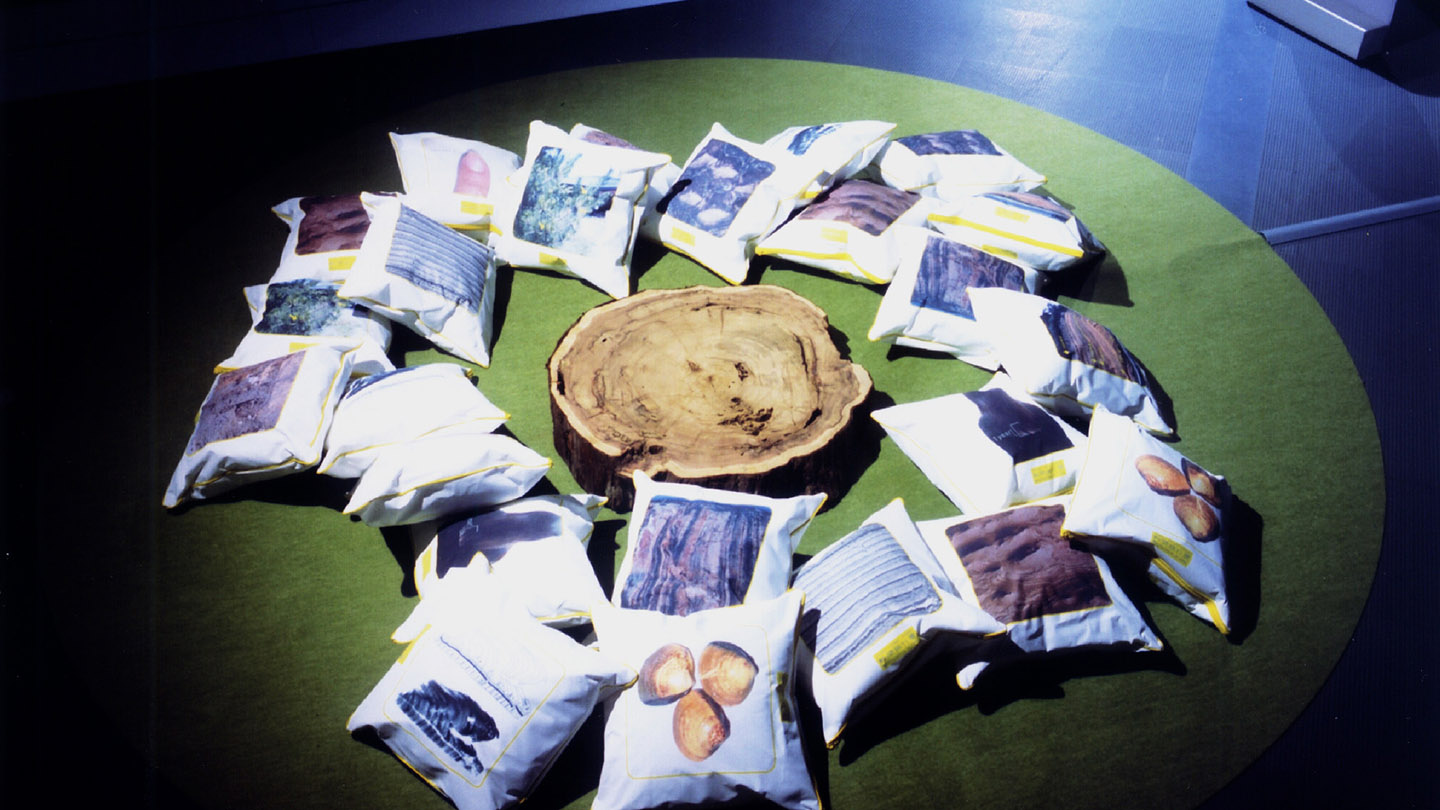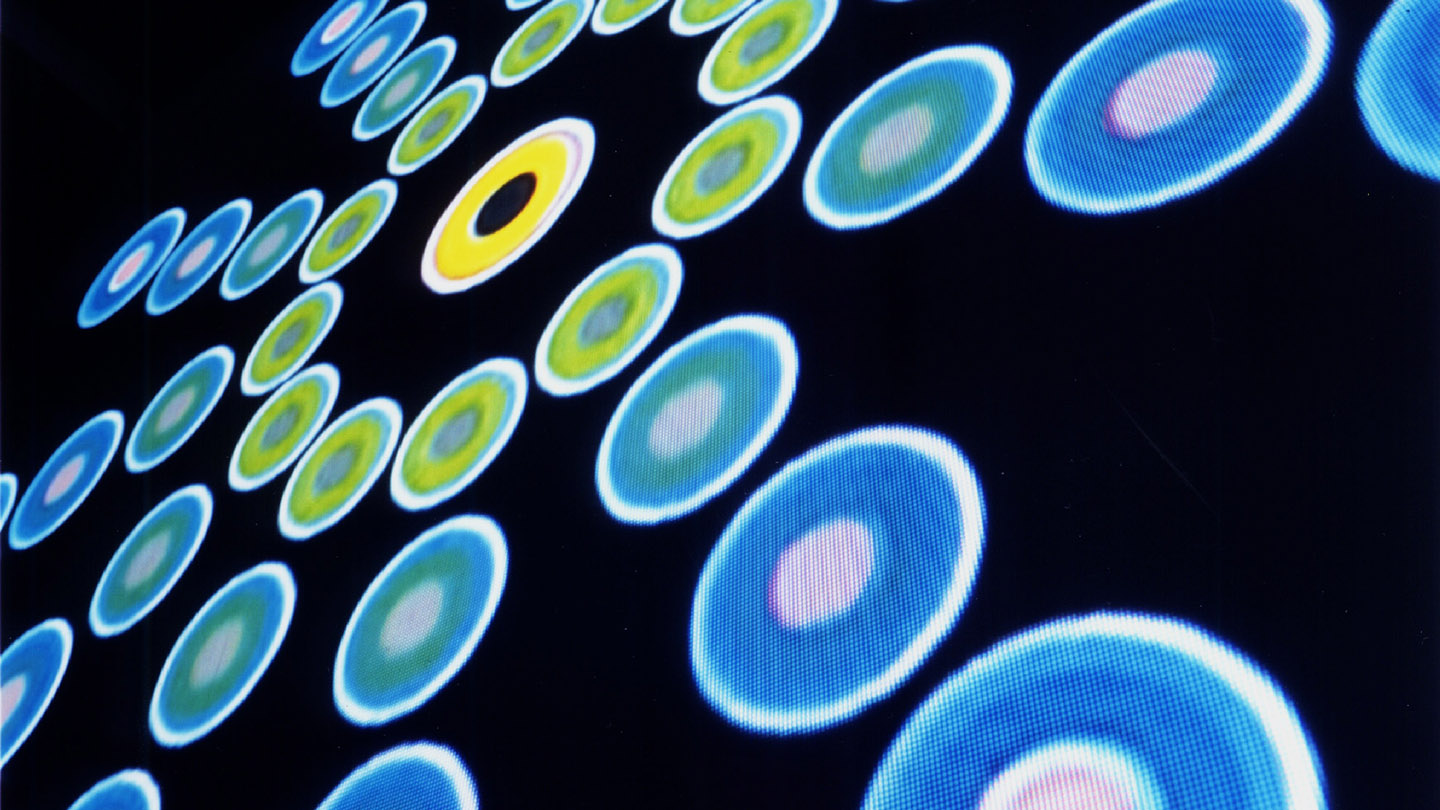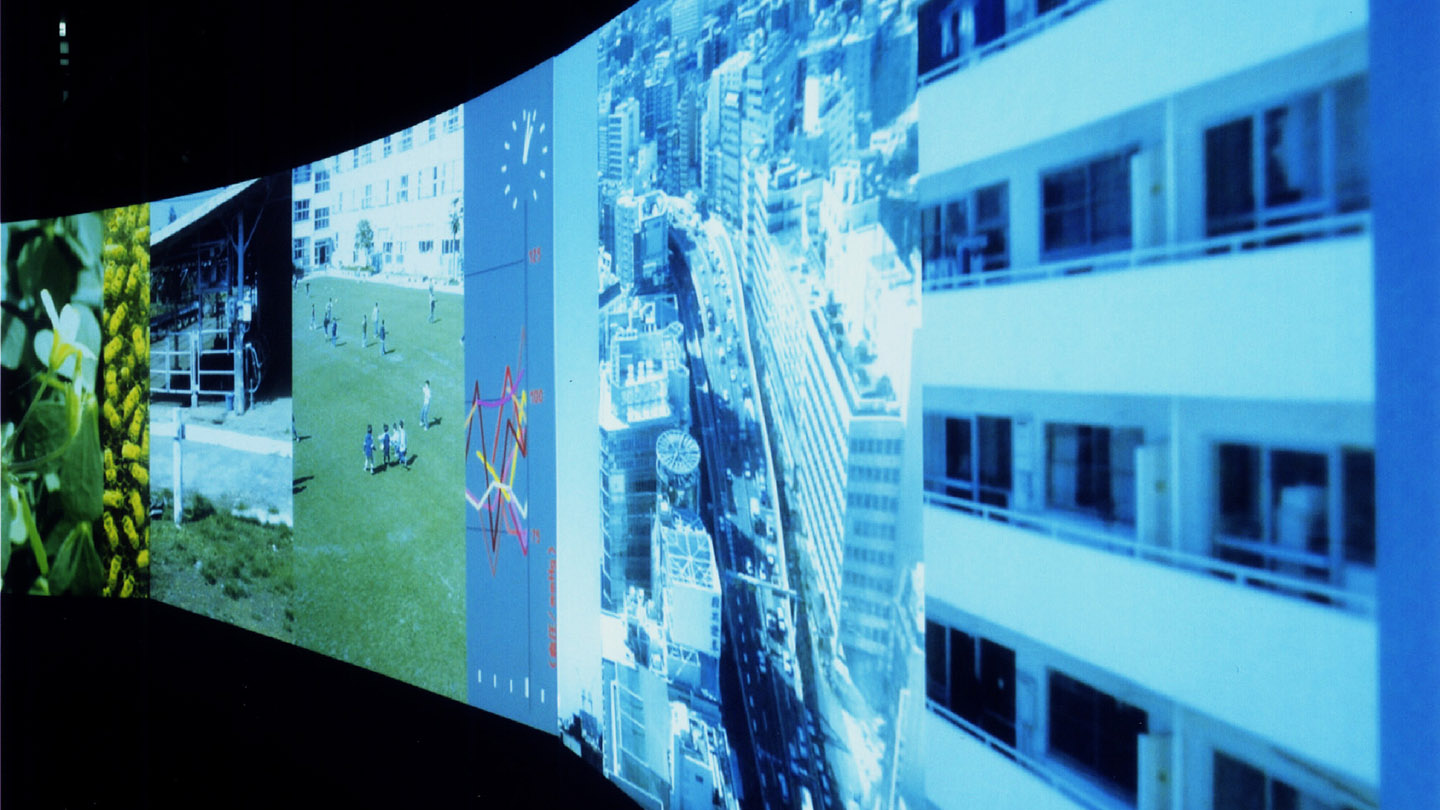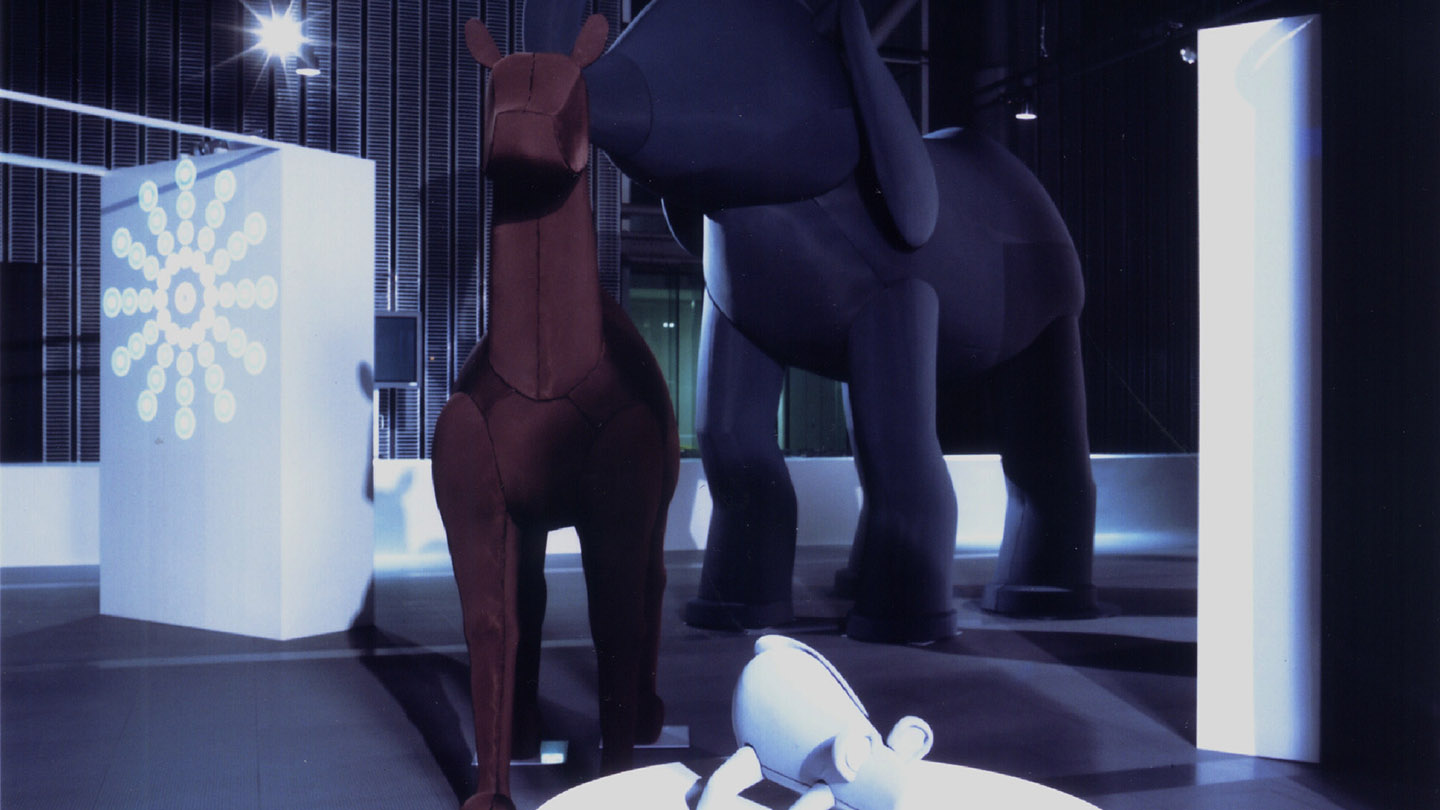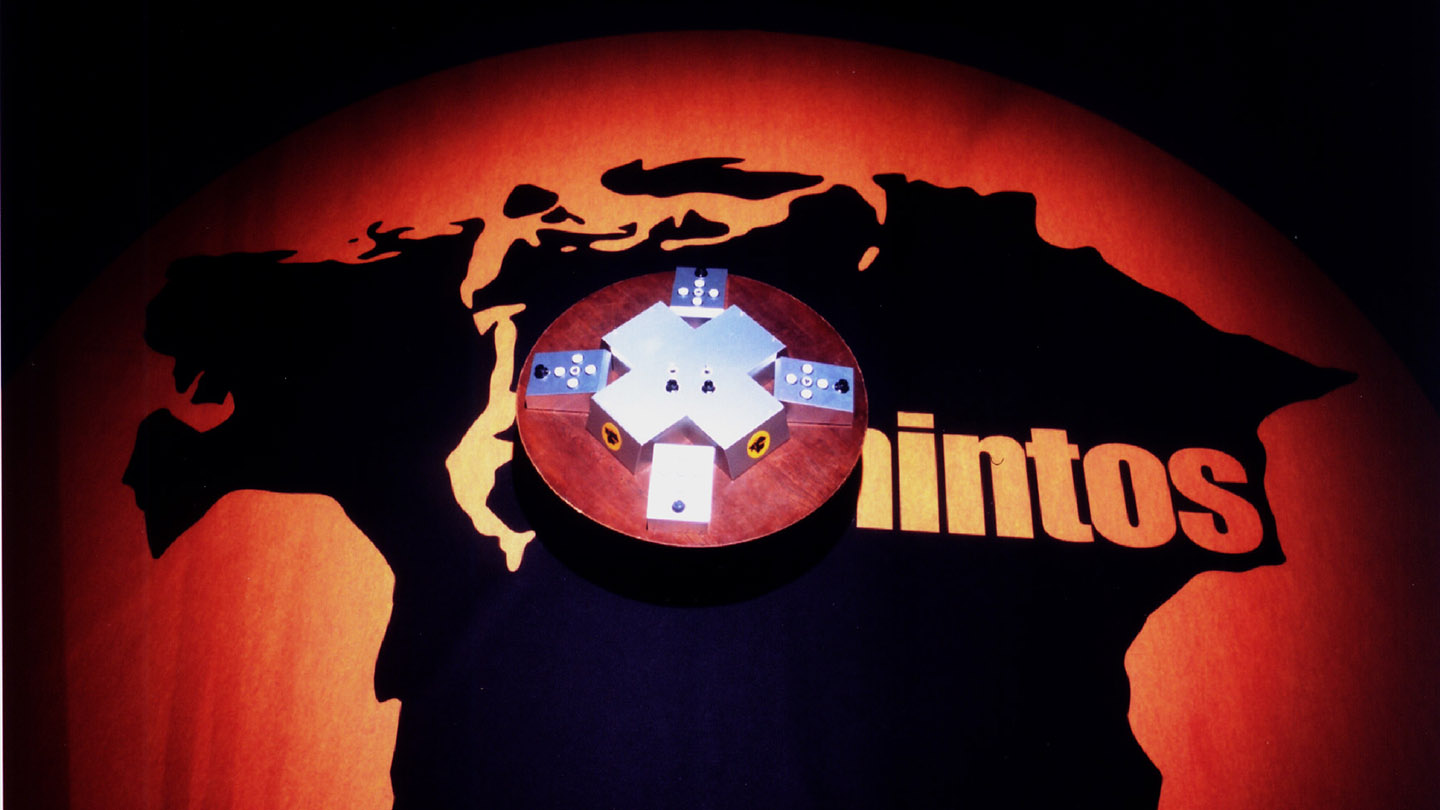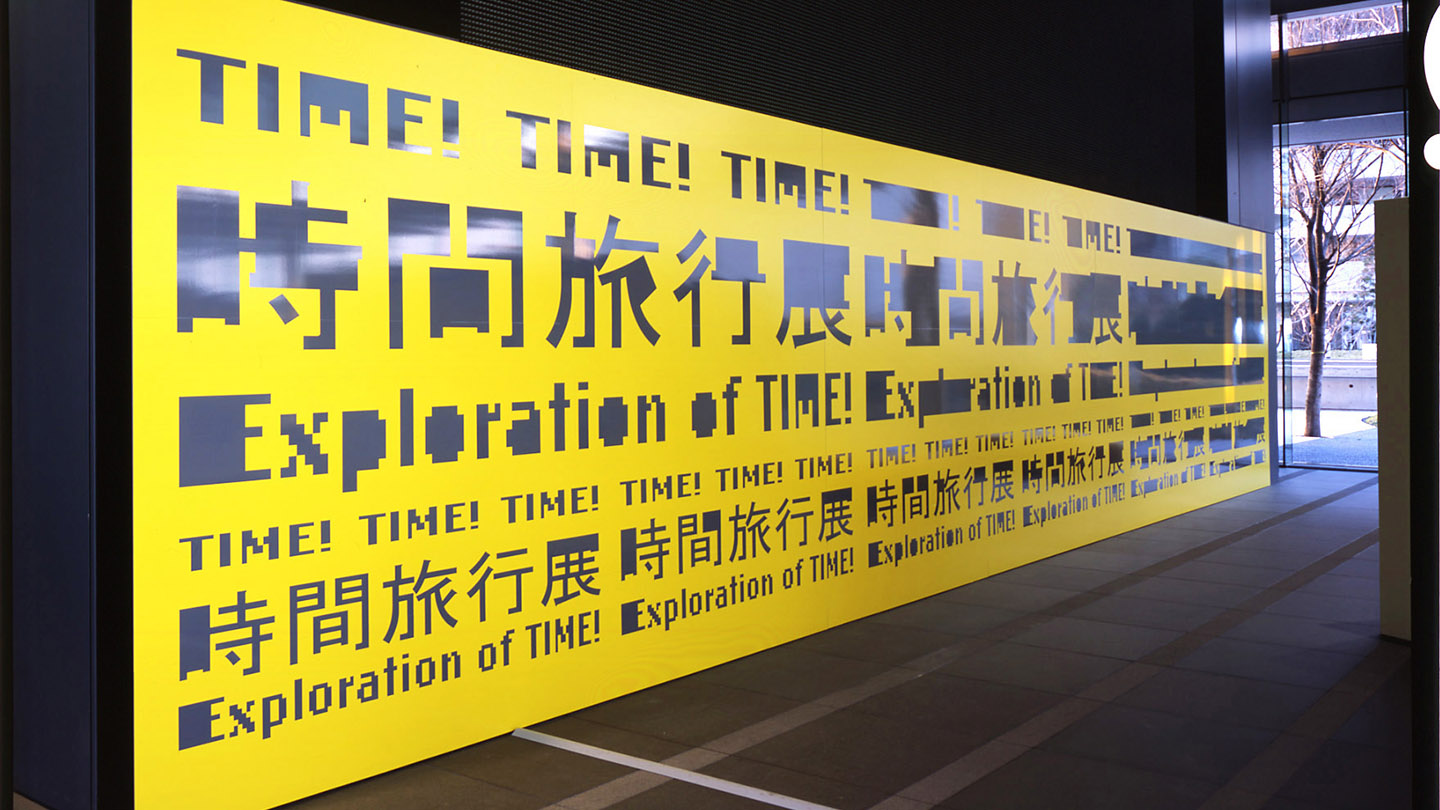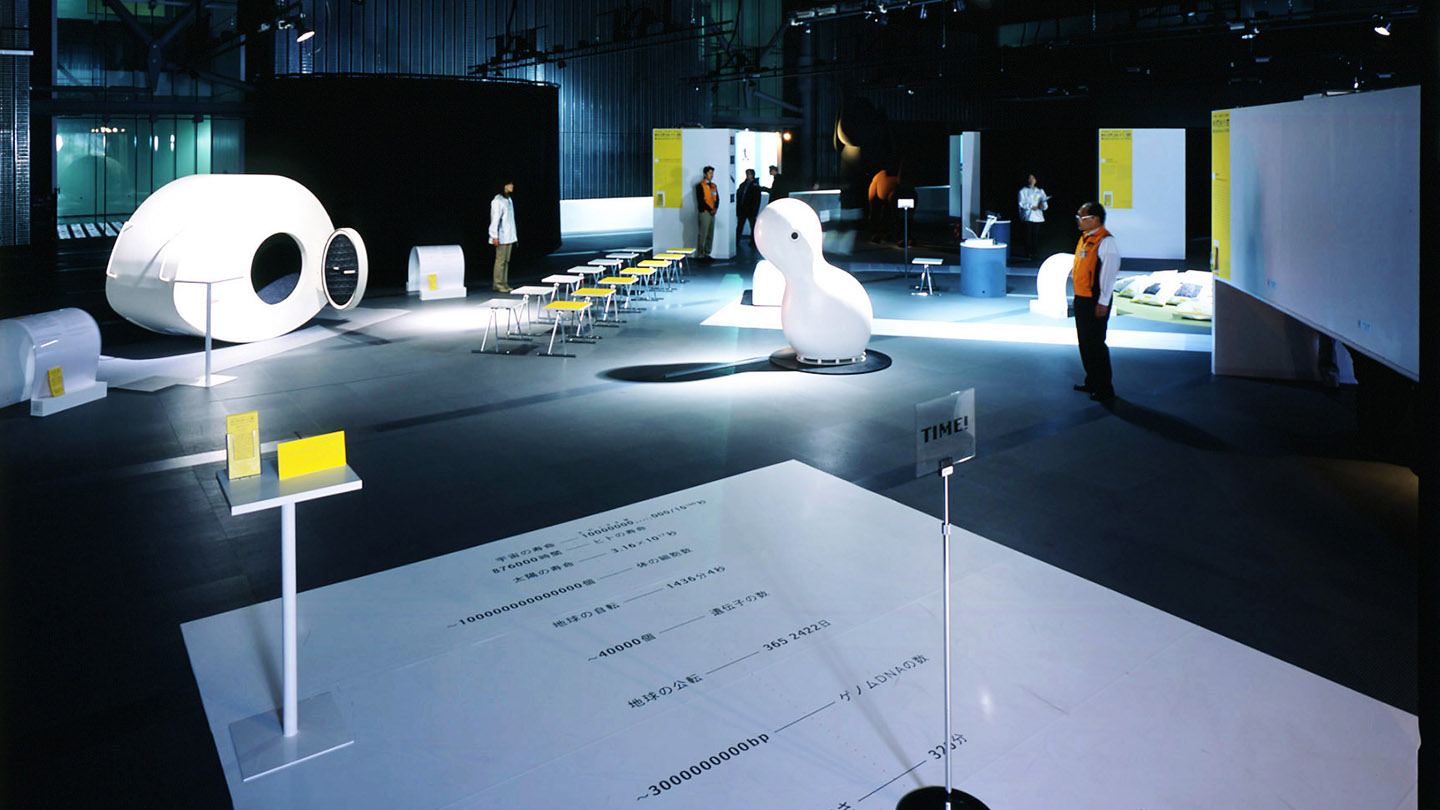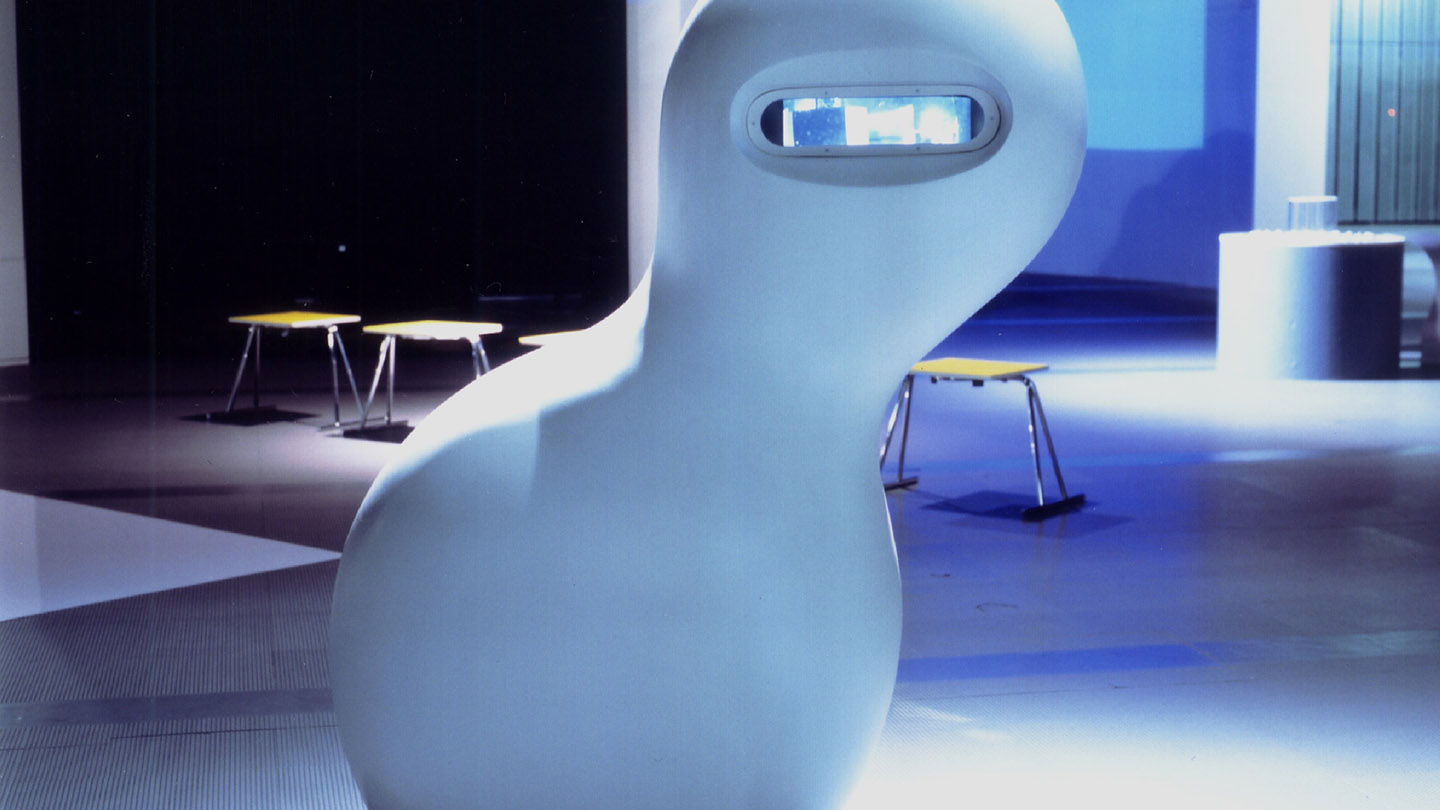This exhibition has ended.
Exhibition Outline
How many times do you look at your watch a day? Don't you sometimes have a short day or maybe a long day, even though a day is always 24 hours? Weren't summer vacations in your childhood long?! Do you think the flow of time for your pet and yourself are different? No time! Don't you sometimes wish that time would go back? Is time really moving at same speed for all of us? Who decided the time? Where is time?
Though everyone is committed to "time" for his/her whole life, the definition and the ideas of time changes along with history,and it is yet to be explained. Miraikan challenges this eternal mystery of mankind, "time".
Contents
An Exploration of Time in Life
Stand between different time-related numbers written on a mat and see time marked by your shadow as it moves like a pendulum. Here is where you begin your "exploration of time."
Scientific Navigators: Shinichi Inoue (Research Institute for Time Studies, Yamaguchi University)
Creative Crew: Tomato Interactive (Tota Hasegawa)
The Complete History of Time
By stepping on different areas of a mat, visitors can move back and forth through the history of time, beginning with the Big Bang.
Scientific Navigators: Tomoya Nagai (Miraikan)
Creative Crew: Rieko Miyata & Hisato Ogata
Rhythms of Life
All forms of life under the sun live repeat a same kind of cycle, each in their own time. Visitors can experience this through sound and imagery, and can change rhythms by turning a turntable.
Scientific Navigators: Kenji Tomioka (Research Institute for Time Studies, Yamaguchi University)
Creative Crew: Yoshiaki Nishimura (Living World)
Time Recorder
12 types of cushions are used to show time as it is recorded in tree rings, geological layers, and organisms such as conches. Have a seat, relax, and look upon each one.
Cooperation: Yakusugi Museum, Geological Museum, Shinichi Kawakami
Biological Clock: 24-hour DNA
Our brains have an internal clock that regulates night and day within our bodies. By looking at the movement of cylinders representing the four DNA that govern that internal clock, we can see how DNA works in our bodies.
Scientific Navigators: Shinichi Inoue (Research Institute for Time Studies, Yamaguchi University)
Creative Crew: Musegram
Heartbeat Clock
At this installation, visitors can put their finger on a table and see their pulse create a beautiful ring of light.
Scientific Navigators: Kenji Tomioka (Research Institute for Time Studies, Yamaguchi University)
Creative Crew: Yasuhiro Suzuki
Animal Time
Visitors touch life-sized balloons of an elephant and horse to feel their pulses. How does pulse differ in strength and speed depending on the size of the animal?
Scientific Navigators: Kenji Tomioka (Research Institute for Time Studies, Yamaguchi University)
Creative Crew: Musegram
What is Accurate Time?
This installation features a real atomic clock — said to be the most accurate clock in existence — that uses hydrogen atoms.
Scientific Navigators: Kenta Fujisawa (Research Institute for Time Studies, Yamaguchi University)
Light Journey
Look into the microscope to experience the journey of a star's light arriving from the distant past.
Scientific Navigators: Tomoya Nagai (Miraikan)
Creative Crew: Asao Tokolo (Yellow Studio/DDD) & Yoko Ogawa (Miraikan)
Running to the Theory of Relativity
This hands-on installation focuses on Einstein's theory of relativity, which says that time slows down when we move at high speeds. Grab a clock, run, and see for yourself. Will time slow down?
Scientific Navigators: Kenta Fujisawa (Research Institute for Time Studies, Yamaguchi University)
Creative Crew: Takuya Shimada (Miraikan)
Auditory Time Illusion — How Many Flashes?
In a space where flashes of light come at regular intervals, would flash frequency appear to change if the frequency of sounds being made around you changed?
Scientific Navigators: Makoto Ichikawa (Research Institute for Time Studies, Yamaguchi University)
Creative Crew: Koji Setoh
Visual Time Illusion — Is What You See Reality?
Look at a succession of images as they appear on the screen. Visual illusion will make them appear different from reality.
Scientific Navigators: Makoto Ichikawa (Research Institute for Time Studies, Yamaguchi University)
Creative Crew: Kei Fukuda (maf*maf)
An Anechoic Space
What does it feel like to spend 60 seconds in a space completely devoid of sound? Experience the passing of time in a unique kind of space.
Scientific Navigators: Makoto Ichikawa (Research Institute for Time Studies, Yamaguchi University)
Creative Crew: Haruaki Tanaka, Koji Setoh (flow)
Marshmallow Scope: Another Time, Another Space
Looking through an oddly-shaped scope and object makes images appear to lag and distort. Are these really the same images you saw before?
Creative Group: Toshio Iwai
TIME WARP SOUND CLASH SYSTEM
Music is achieved by combining sound with time. By freely changing sound like a DJ through the use of repeat, reverb, and delay buttons, you can manipulate time.
Creative Crew: MINTOS (Seiji "Big Bird" Michiharu Shimoda)
Delayed Phone
Turn dials during a teleconference to create a one- to five-second delay of information to the other person. Experience what makes a natural pause in conversation.
Creative Crew: Ryota Kuwakubo
Slow Motion
A bench travels through the exhibition space at a speed so slow that one may not even notice it moving. Get on the world's slowest-moving ride and experience a different flow of time.
Creative Crew: Takeshi Ishiguro
Time Episodes
We present a variety of episodes involving time. Take a moment to ponder time.
Text: Shinichi Inoue (Miraikan)
Venue Scenery
Overview
- Title
- Exploration of Time
- Term
- March, 19, 2003- June, 30, 2003 > finished
- Venue
- 1F Event Zone, National Museum of Emerging Science and Innovation (Miraikan)
- Admission fee
- Free Entry(only the admission fee to Miraikan)

